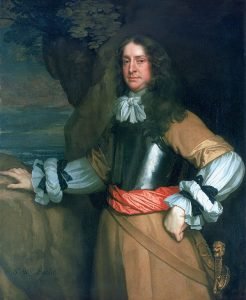History of the town of Durham, New Hampshire
History of the town of Durham New Hampshire by Everett Stackpole is the primary source for genealogists with families who settled Oyster River New Hampshire, which later became Durham. Published in two volumes, the first contains a narrative history of Durham, while the second contains genealogies of most of the early families who settled in the town.


